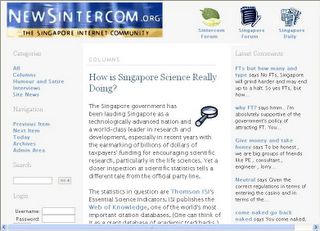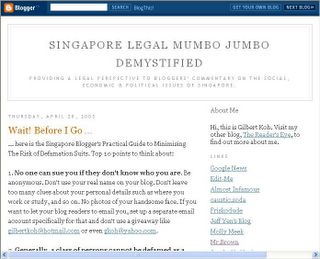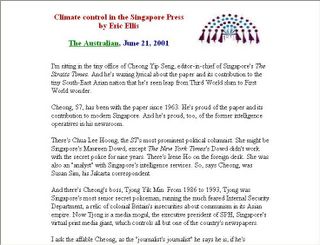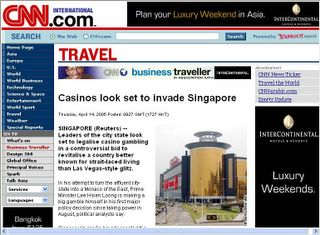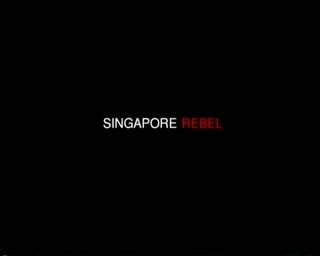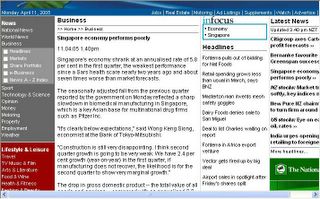

By Li Qun
The Epoch Times
Apr 29, 2005
Attorney Alfred Dodwell (right) with Huang and Cheng, the two female Falun Gong practitioners. (Epoch Times)
Cheng Lujin is one of two female Falun Gong practitioners who were unfairly arrested and imprisoned charged by the Singapore authorities. To protest this unfair treatment, Cheng has started a hunger strike.
Cheng Lujin began to fast immediately after she was sent to prison. Her husband was called by the jail to urge her to eat food.
The two Singapore Falun Gong practitioners Hua Caihua and Cheng Lujin were arrested for practicing the Falun Gong exercises at Binhai Park and mailing truth-clarifying video discs to the police. Although Falun Gong is legal in Singapore, authorities found the video discs objectionable, probably because the discs contained information critical of the Chinese Communist regime, which has a six-year history of torturing and murdering Falun Gong practitioners.
Around 4:30 p.m. on April 27, they were judged guilty and fined by the Singapore court. The two practitioners found the ruling unfair and refused to accept the verdict. Around 6 p.m., authorities sent them to Zhangyi Women’s Prison.
Before being sent to Zhangyi Women’s Prison, Cheng Lujin expressed the wish to take her six-month-old baby with her. Cheng Lujin came from Mainland China, and currently lives in Singapore with her husband, their six-year-old son and six-month-old daughter. During her imprisonment, her husband will have difficulty caring for both children alone.
Singapore Falun Gong spokesperson Dr. Wang Yuyi said, “The judge simply refused to listen to the defense attorney who provided the statement based on the constitution and human rights, and defied the fact pointed out by the attorney that many charges are not at all supported by any effective evidence. Instead, the judge insisted on punishing the two Falun Gong practitioners with severe fines. In actuality, this is already participating in the persecution of Falun Gong practitioners.”
The Epoch Times will continue to follow this story as it develops.
